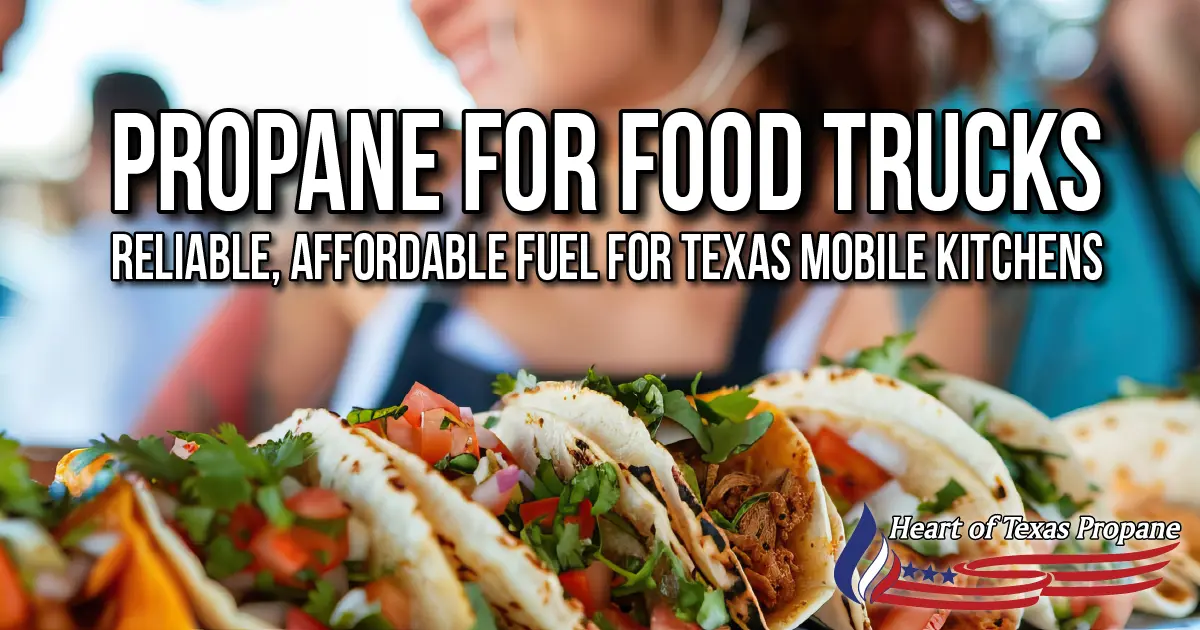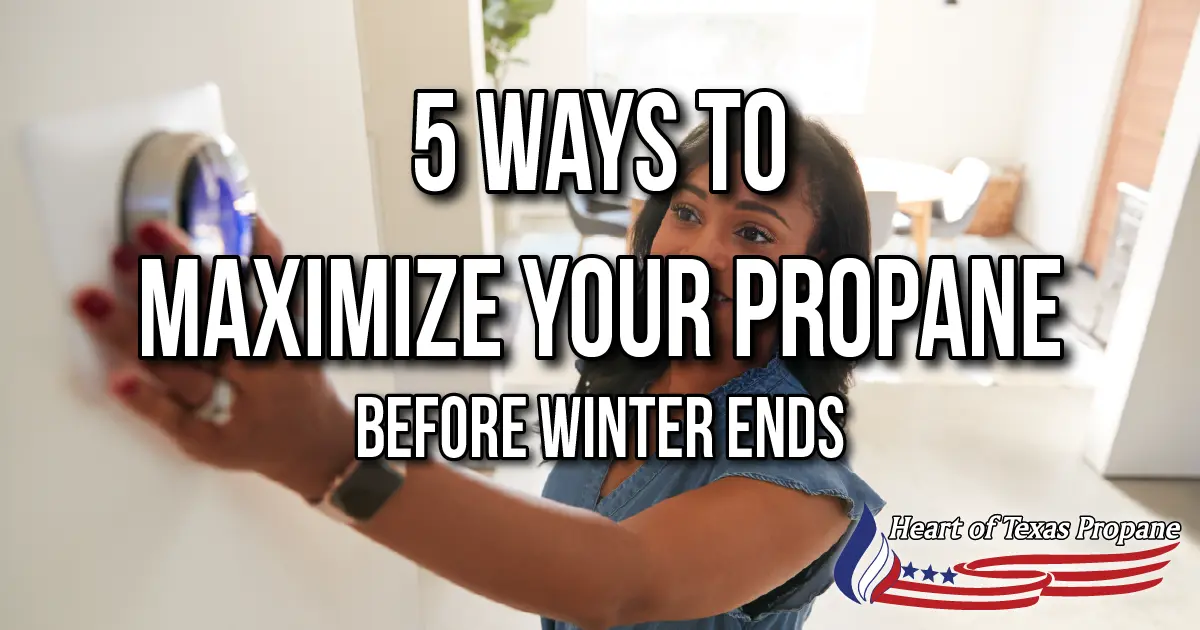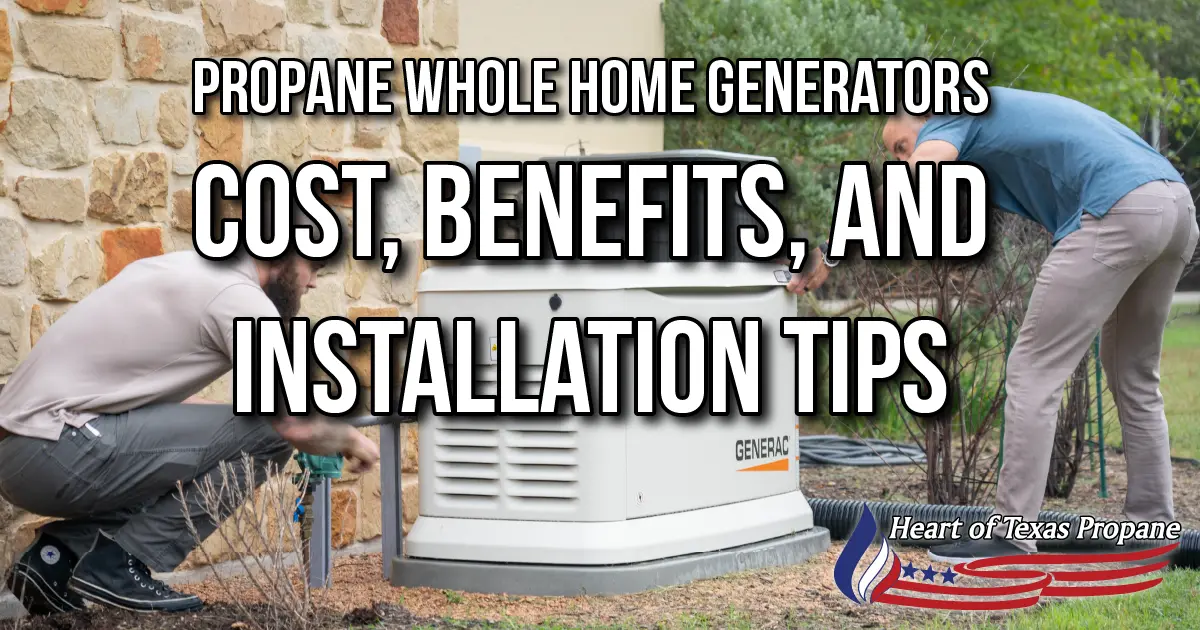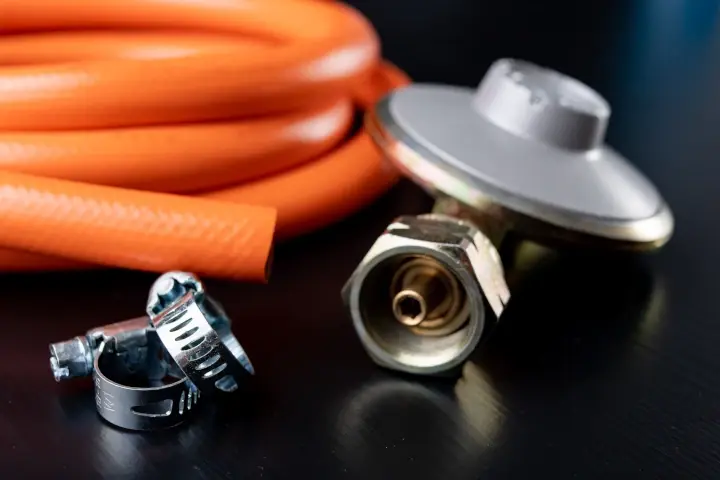Connecting Outdoor Appliances to Your Home Propane Tank
Save Money, Reduce Hassle, and Enjoy a Continuous Fuel Supply
If you’re tired of the frequent trips to the store to refill or replace your outdoor propane cylinders, it might be time to consider a more convenient solution. Connecting your outdoor propane appliances directly to your home’s main propane tank not only streamlines your fuel supply but also saves you money in the long run. Whether it’s your grill, fire pit, or patio heater, converting these appliances to your home propane tank can be a game-changer.
In this guide, we’ll walk you through the benefits of making the switch, the steps involved, and why you might want to call in a professional to ensure everything is done safely and efficiently.
Why Convert to Your Home Propane Tank?
You might wonder, “Why go through the hassle of converting my outdoor appliances?” Well, the advantages are worth considering:
Cost Savings:
Propane in bulk is often cheaper than the smaller amounts purchased in cylinders. Plus, you’ll save money by reducing the frequency of refills.Convenience:
No more lugging heavy propane tanks to and from the store. With a direct connection to your home tank, you’ll have a continuous supply of propane.Safety:
Using a larger tank reduces the risks associated with handling and storing multiple small cylinders, especially when they’re nearing empty.Environmentally Friendly:
Fewer trips to the refill station mean a smaller carbon footprint. Additionally, it reduces the number of empty cylinders that need to be recycled or disposed of.
What You'll Need for the Conversion
Flexible Propane Hose:
A high-quality hose rated for outdoor use, capable of connecting your appliance to the home propane line.Quick-Disconnect Fittings:
These fittings make it easy to attach and detach the appliance, ensuring safety and convenience.Regulator (if needed):
Some outdoor appliances require a specific regulator to manage the pressure from a larger tank.Shut-Off Valve:
A manual valve near the appliance allows you to easily turn off the propane when not in use.Pressure Test Gauge:
To check for leaks and ensure the system is functioning correctly.Thread Sealant:
Use a propane-safe sealant to secure all connections.
Step-by-Step Conversion Guide
Consult Your Propane Supplier:
Before you start, it’s crucial to talk with your propane supplier. They can offer valuable advice on the best practices and might even provide the necessary equipment.Check Appliance Compatibility:
Not all outdoor appliances are designed for direct connection to a large propane tank. Refer to the user manual or consult with the manufacturer to confirm compatibility.Install a Shut-Off Valve:
This valve should be placed near the appliance. It allows you to control the propane flow and ensures safety in case of an emergency.Connect the Flexible Hose:
Attach the hose to your home’s main propane tank and run it to the appliance. Ensure that the hose is securely connected to both the tank and the appliance using quick-disconnect fittings.Install the Regulator (if necessary):
Depending on the appliance, you may need to install a regulator to control the pressure. Make sure it’s compatible with both the appliance and the propane system.Check for Leaks:
Use the pressure test gauge to check for any leaks in the system. Apply a soapy water solution to the connections, and if you see bubbles, tighten the connections or replace faulty components.Test the Appliance:
Once everything is connected, turn on the propane and test the appliance. Monitor it closely to ensure it’s functioning properly without any leaks.
When to Call a Professional
While some handy homeowners might feel comfortable handling the conversion themselves, there are times when calling in a professional at Heart of Texas Propane is the best option:
Complex Installations:
If your setup involves multiple appliances or a long run of hose, a professional can ensure everything is installed correctly and safely.Pressure Concerns:
Incorrect pressure can damage your appliances or create dangerous conditions. A professional will know the correct settings and adjustments.Local Regulations:
Some areas have strict codes regarding propane installations. A licensed technician will be familiar with these regulations and ensure your setup complies.
Maintaining Your New Setup
Once your outdoor appliances are connected to your home propane tank, routine maintenance becomes crucial:
Regular Leak Checks:
Even with professional installation, it’s wise to regularly check connections and hoses for leaks.Seasonal Inspections:
Before the start of each season, inspect your appliances and connections. Harsh weather conditions can cause wear and tear, leading to potential issues.Propane Tank Monitoring:
Keep an eye on your home’s propane tank levels. While having a large supply is convenient, running out unexpectedly can be a hassle.
Final Thoughts
Switching your outdoor propane appliances to your home’s propane tank is a smart move for those looking to simplify their outdoor living experience. With the right tools, a bit of guidance, and maybe some help from a pro, you can enjoy a continuous propane supply without the headache of managing multiple cylinders. Not only will you appreciate the convenience, but you’ll also benefit from the cost savings and enhanced safety.
Ready to Get Started?
If you’re ready to trade in those cumbersome cylinders for a more streamlined setup, give us a call today!
More Fuel for Thought Blog Posts

Propane for Food Trucks
Food trucks in the Texas Hill Country rely on propane for cooking, heating, and refrigeration. Get reliable, affordable propane service today!

Maximize Your Propane Before Winter Ends
Get the most out of your propane supply before winter ends with these 5 easy tips for efficiency, savings, and appliance maintenance.

Propane Whole Home Generators
Discover the benefits of propane whole home generators. Learn about costs, installation tips, and why they’re essential for Texas power outages.












